As a kid, singer-songwriter Annahstasia Enuke says she used to hear actor Morgan Freeman’s voice in her head. His distinctly rich baritone narrated her younger years as pleasantly as it does on screen. “The way I see things is very cinematic,” she says, touching on a childhood growing up in Los Angeles and classifying her identity and artistic practice as steeped in fantasy and romanticism. When Annahstasia writes a song, it embodies a world of its own. Her rose-colored perspective is elucidated by her enchantingly sumptuous and acrobatic voice, one she developed through a lasting appreciation for complex vocalists like Bill Withers, Nina Simone, and Janis Joplin, artists she was first introduced to via an iPod her uncle gifted her for her 14th birthday. “Those were the first musicians that I felt lended their voice to their music and not the music to their voice,” she explains. Annahstasia’s own stunning voice is the powerline that weaves together her forthcoming folk-rooted record, Revival, a delicately produced project that both renewed her love of music after a period of uncertainty, and facilitated a potent resurgence of self.
Annahstasia’s first experiments with music were self-taught, and her foray into the folk genre was more of a practical approach than a stylistic choice. The anthology of soul, blues and folk she discovered on the iPod was a history lesson that encouraged her to pick up a guitar for the first time. “I would learn the guitar parts of the songs and then I would re-write over them in my own words,” she remembers. At 17, Annahstasia signed her first record deal when the parent of another student at school caught her singing after class let out. A producer, he offered her a session and Annahstasia was thrown head first into the music industry. “I spent three years being put in situations where my voice became more and more muddled,” she confesses, and after seven years, she found herself out on her own as a budding musician.
Annahstasia’s newfound independence panned out as a double-edged sword. Her first solo release, 2019’s Sacred Bull was an honest, no-frills experiment. Released without traditional industry support (no label, distribution, nor PR), the hypnotic, soul-lifting record nevertheless primed her for a promising path, opening doors to collaborations with the likes of singer Raveena, who features on her new record. That summer, Lenny Kravitz invited her to support him as an opener on his “Raise Vibrations” European tour, where she performed Sacred Bull live to arena crowds in over 17 cities. And yet, the trials of an independent career took a toll. “I was so burned out at the expectation to just keep going and make things happen on my own,” she says. “When COVID hit, it allowed me the proper time I needed to reevaluate my place in the industry and what I actually wanted to bring to it.”
Revival was born from the spiritual lessons Annahstasia learned during that period of stillness. Through a process she deems channeling, she reclaimed the dreamy and intuitive approach to creative expression she relates back to a younger Annahstasia—the one who experienced life like a film. She rarely, if ever, writes her lyrics down, instead preferring to imagine the spirits that live in her songs—how they might look, move, talk or dance—and speak to their identities in real time through her music. “I like to write from the fantasy of Americana, this very grandiose fallacy of the American dream,” she describes. Songs like “Power” and “Millionaire”, whose characters and stories explore the intricate dualities of human existence—of pain and joy, of the tumultuous beauty of her blackness—illuminate the spiritual foundation of Annahstasia’s personal revival. “I write my music from an earthly opulence, from that sense of abundance,” she says. “Everything is heavy and has weight, but you can always see the weight as gold.”

